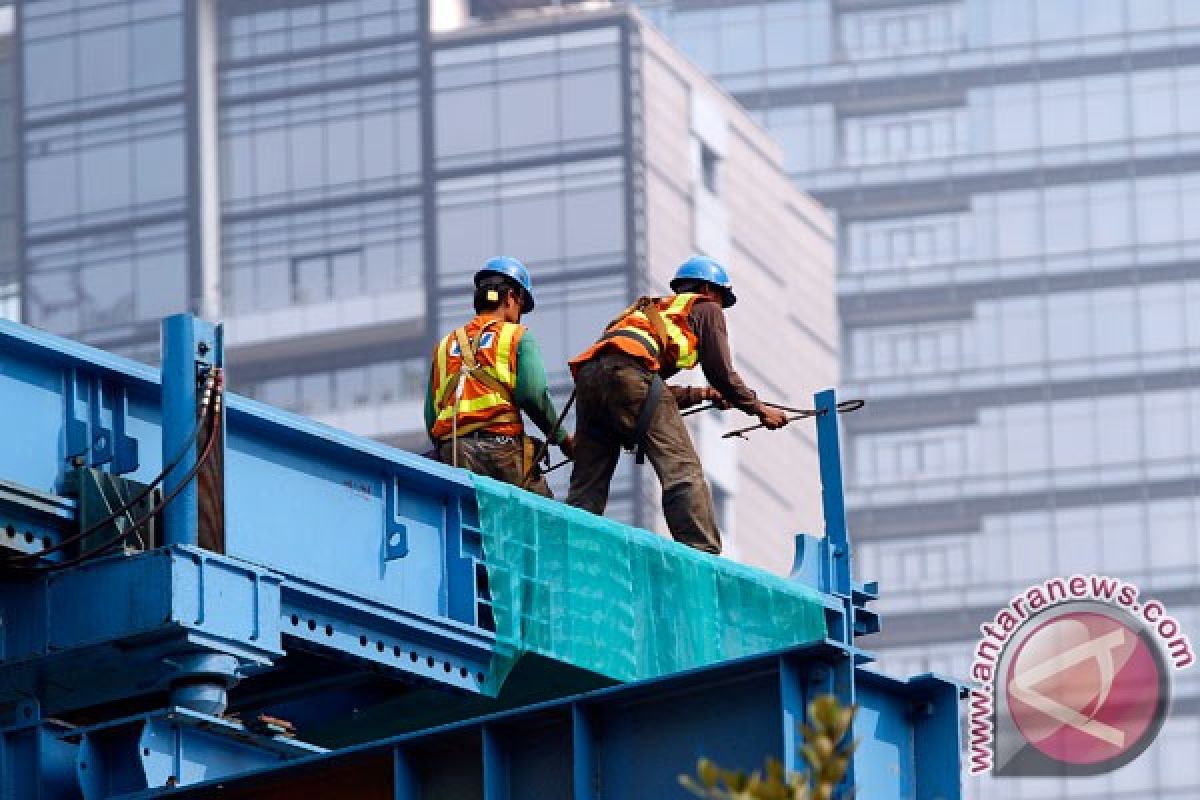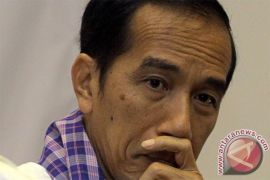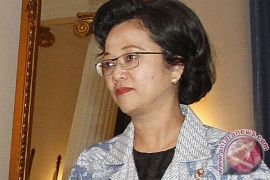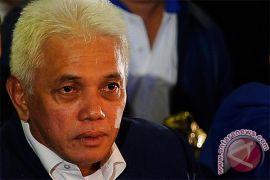"Economic and political stability is a key factor in the implementation of KP3EI," Nina Sapti, a member of the National Economic Committee (KEN), said in a discussion on the MP3EI and the absorption of state budget funds in the face of the global crisis recently.
She said synergy between regional and central governments was also essential to achieve stability.
Regional government regulations should not contradict those issued the central level government as it could hamper investment, for example, regulation on Regional Spatial Plan (RTRW) should be agreed by regional governments up to district level.
KEN was established through a presidential regulation No. 31/2010 which was given the task of providing assessment and recommendation on eight issues.
The eight issues included the posture and scheme of the state budget (APBN), economic connectivity and stable and sustainable growth achievement.
Other matters that have to be assessed are reduction of poverty and unemployment, water and food resilience, energy resilience, policy on funding sources at home and reduction of external debt burden.
In the meantime, Financial Director of Reform Institute Muhammad Husni Thamrin said Indonesia was seen by many parties as a country which had a good political stability.
"Many countries see Indonesia as an ideal state which has a better political stability if compared with, for example, Thailand and Malaysia," Husni Thamirin said.
He said that the biggest constraint faced by Indonesia was its infrastructure condition which was still unfavorable for investors.
Other things which often hampered investors the certainty of policies for investment in Indonesia and slow bureaucratic procedures.
"In average, we still need about 100 days for the process of a business license," he said.
(Uu.A014/)
Editor: Priyambodo RH
Copyright © ANTARA 2011






